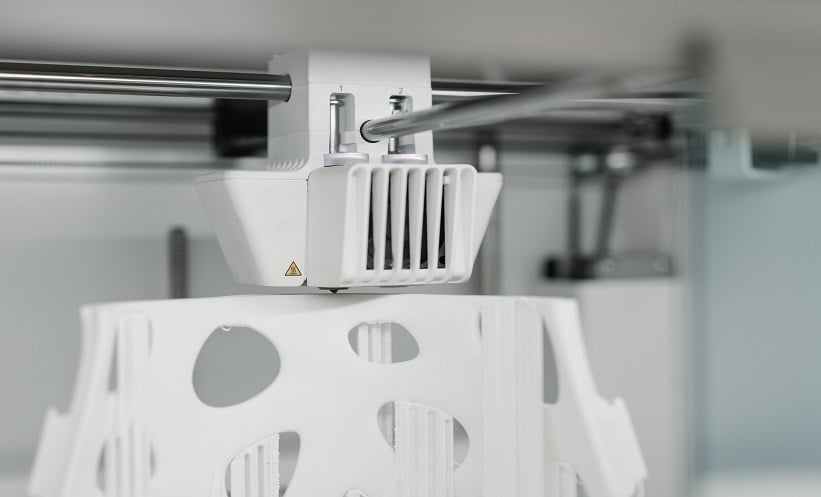DISCIPLINE-CHANGING research has been published by a team of researchers from the Tissue Engineering Research Group (TERG) and Science Foundation Ireland (SFI) Research Centre for Advanced Materials and BioEngineering Research (AMBER), based at the Royal College of Surgeons in Ireland (RCSI) University of Medicine and Health Sciences, Dublin, Ireland. Research suggested that synthesising and replicating components of the blood could assist in wound healing.
Investigators explored the ways in which platelet-rich plasma (PRP), the natural healing substance within the blood, could be extracted and manipulated to enhance the process of wound healing. By manipulating the PRP through 3D-printing to create an implant, the research team were able to treat difficult-to-heal skin wounds through a single surgical procedure.
“Existing literature suggests that while the PRP already present in our blood helps to heal wounds, scarring can still occur. By 3D-printing PRP into a biomaterial scaffold, we can increase the formation of blood vessels while also avoiding the formation of scars, leading to more successful wound healing,” stated Fergal O’Brien, Professor of Bioengineering and Regenerative Medicine, RCSI.
The 3D-printed PRP implant demonstrated its ability to improve the speed of wound healing through enabling increasingly efficient vascularisation and inhibiting the formation of fibrosis.
O’Brien highlighted further the potential of this new technology: “As well as promising results for skin wound healing, this technology can potentially be used to regenerate different tissues, therefore dramatically influencing the ever-growing regenerative medicine, 3D-printing, and personalised medicine markets.”







